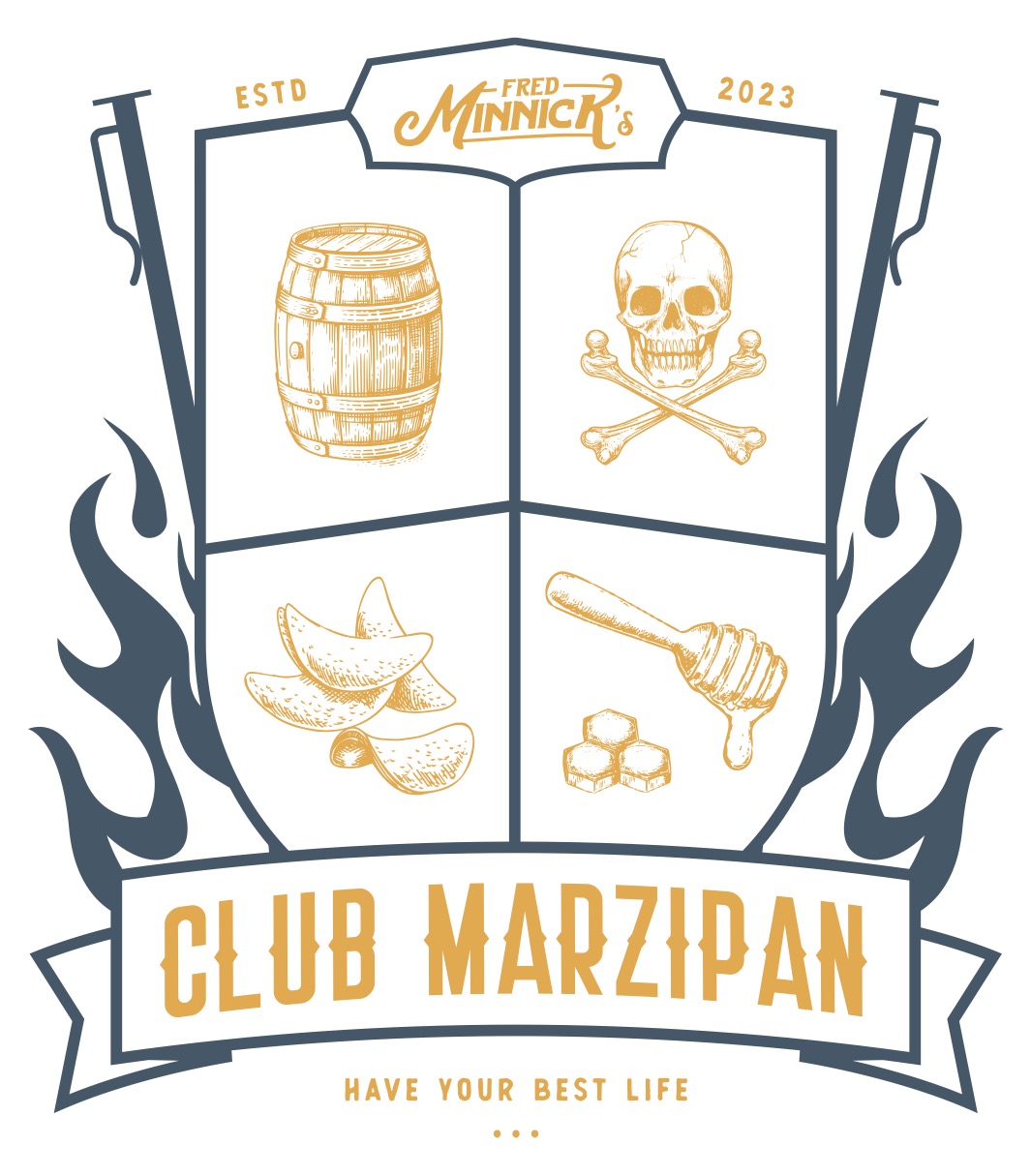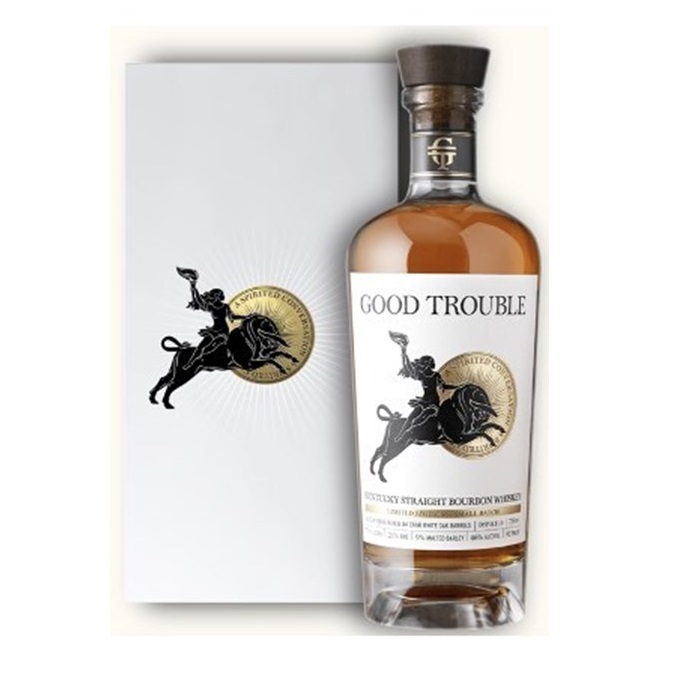Sorry, Stanford, No Bourbon For You

Two months after Stanford University swimmer Brock Turner received a light sentence for sexual assault, university President John L. Hennessy banned distilled spirits on campus.
Turner blamed intoxication for his actions in the trial dubbed the “Stanford Rape Case,” horrible PR for the school. And now, the university takes action on spirits.
Stanford said: “The University is especially concerned about the misuse of distilled alcohol products (‘hard alcohol’), and the dangers that arise from that misuse. The University is especially concerned about the misuse of distilled alcohol products (‘hard alcohol’), and the dangers that arise from that misuse.”
In response, the alcohol lobby Distilled Spirits Council said this policy singles out distilled spirits, but ignores beer or wine, suggesting, “that some forms of alcohol are ‘softer’ than others.”
The Stanford ban comes after an onslaught of global efforts connecting alcohol to everything from cancer to gonorrhea. Many people are calling for more warning labels and question moderate alcohol consumption’s health benefits.
But lost in all this is personal responsibility.
Despite Stanford offering alcohol education, the school is sending the same message to Americans as the Women’s Christian Temperance Union before Prohibition—it’s better to prohibit alcohol than to respect it.
Would our country not be better off if we enjoyed alcohol vs. abusing it?
There’s nothing quite like sitting next to a campfire with two fingers of bourbon or feeling the sea air upon your face with a rum punch in hand. These simple pleasures are enjoyed with friends and family and offer essence to life. Drink can bring us closer together and help us work out our differences.
Just last year, President Barack Obama and Senator Mitch McConnell considered the “Bourbon Summit,” a political event that didn’t happen. Bourbon was never the discussion topic, but it was potentially a vehicle for political compromise.
When world leaders meet, they toast with their country’s respective drink, to celebrate unity and peace.
Spirits are so prominent in world history, from distiller George Washington to Napoleon drinking before battle, that college courses should be offered to educate the masses on drink’s political and governmental impacts. In Kentucky alone, with the average bottle being 60% tax, bourbon builds roads, schools and infrastructure to a state that’s slowly losing its horse and coal industries.
But spirits are not taught in schools. They are treated as a loaded weapon with no Constitutional amendment. Stanford could promote how to respect alcohol and responsibly enjoy one or two drinks in an evening. Rather, the institution wipes away nearly a century’s worth of progress and teaches young adults it’s better to prohibit alcohol from your life instead of drinking like an adult.
An annual federal study recently showed underage and binge drinking were at their lowest levels since study’s founding in 1975.
Many criticize the alcohol industry’s promotion of “drink responsibly” and then encouraging Jameson, Fireball and Jägermeister shots in college bars. But responsibility education begins at home and in the schools.
It’s on us, as parents, educators and citizens, to lead and live by example. Moderate and legal alcohol consumption encouragement and practice would do far greater good than Prohibition or a warning label.
Stanford is attempting to punish its entire student body and local businesses for the horrible act of one man. But it won’t work.
Stanford students will still drink distilled spirits at campus events. Only now, it’s more likely they’ll drink in spite of this 1920s-era policy.
Fred Minnick is the author of the new book, Bourbon: The Rise, Fall & Rebirth of An American Whiskey.







